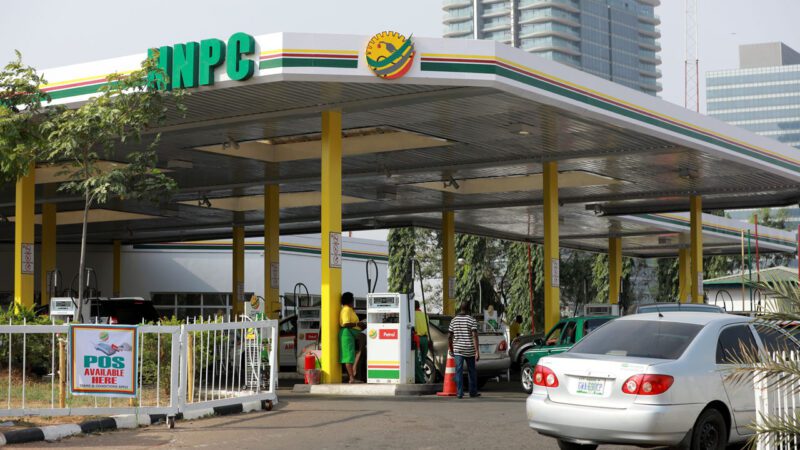National Issues
Fuel Subsidy Is Gone -By Orogun Rebecca Oghenetega
It is my hope that Nigerian authorities implement measures to safeguard the rights of those most affected by the removal of fuel subsidies and prioritize addressing widespread hunger, rising unemployment, and the rapidly declining standard of living. President Tinubu’s decision to remove fuel subsidy has instilled fear in millions of Nigerians regarding its potential knock-on effects on their daily lives.

President Asiwaju Bola Ahmed Tinubu, the elected President for 2023, also known as Jagaban, made a significant announcement during his inaugural speech that there would be no fuel subsidy. This declaration implied that there would be no reduction in the price of fuel. President Tinubu not only made this statement but also took concrete action, as fuel prices skyrocketed after his inauguration. In Delta state, the price of fuel used to range from two hundred and twenty naira (₦220) to two hundred and fifty naira (₦250). However, following President Tinubu’s declaration of no fuel subsidy, the price of fuel in Delta state surged to five hundred and twenty Nigerian Naira (₦520).
The decision by President Tinubu to remove the fuel subsidy has resulted in inflation across various sectors, particularly impacting businesses like transportation. To illustrate this, let me share a personal experience of my recent journey from Delta state to Lagos state. A few days ago, I planned to travel to Lagos state with my mother and younger sister. After getting ready and preparing our belongings, we arrived at the park. To our dismay, we were informed that the transportation fare, which used to be nine thousand Naira (₦9,000) per person, had increased to fifteen thousand Naira (₦15,000) per individual. Since there were three of us, we had to pay thirty thousand Naira (₦30,000) for two people, as my mother refused to pay forty-five thousand Naira (₦45,000) for three people. In that case, my sister would have had to sit on my mother’s lap. I also noticed that the previously crowded park was now nearly empty, possibly due to the fuel price increment. Hence, it is evident that the transportation business has been affected.
Based on my research, I discovered that the price of fuel began to rise in January 2023 after a brief slowdown in December 2022, which had marked the first decrease in eleven months. Among those most severely impacted are students, especially those living far from home and school. The exorbitant transportation costs pose a significant challenge, particularly for young students, especially freshmen. President Tinubu, during his inauguration speech on Monday, 29th May 2023, urged Nigerians to bear the burden imposed by the removal of fuel subsidy. He stated that this decision would free up more funds for crucial social sectors like healthcare and education. However, the government has yet to propose any measures to mitigate the impact of this decision on low-income individuals. Consequently, some companies have been unable to refuel their vehicles, leaving many people stranded.
It is my hope that Nigerian authorities implement measures to safeguard the rights of those most affected by the removal of fuel subsidies and prioritize addressing widespread hunger, rising unemployment, and the rapidly declining standard of living. President Tinubu’s decision to remove fuel subsidy has instilled fear in millions of Nigerians regarding its potential knock-on effects on their daily lives. Many are concerned about their ability to afford education, food, and healthcare.
Nevertheless, I remain optimistic that Nigeria will navigate through this dilemma, just as it has overcome previous challenges.









